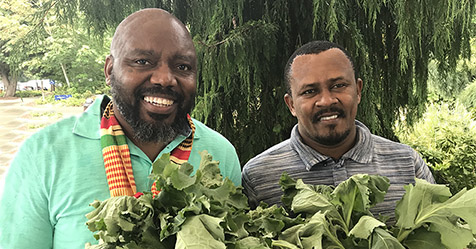David Bulindah and Dickson Njeri beam as they show a sample of the harvest picked earlier in the day from their urban farm. Although slightly wilted from several unexpected hours in a hot car, the collard greens promise to be a tasty part of their families’ evening meal.
David is like a proud father as he flips through photos on his phone, showing off raised beds filled with carrots, garlic, kale, onions and more that he and Dickson grow in their cooperative venture Wakulima USA.
Their bountiful crops are as much a product of nature’s gifts — soil, water and sun — as they are of nurturing partnerships, providing Wakulima with business acumen, agricultural know-how and land access.
The two are relatively new to the physical labors of farming. But their interest in farming is deeply rooted, if you will, in their Kenyan history and culture.
“Farming plays a key role where we come from,” says David. “Through farming, most people have their food, they help send their kids to school.”
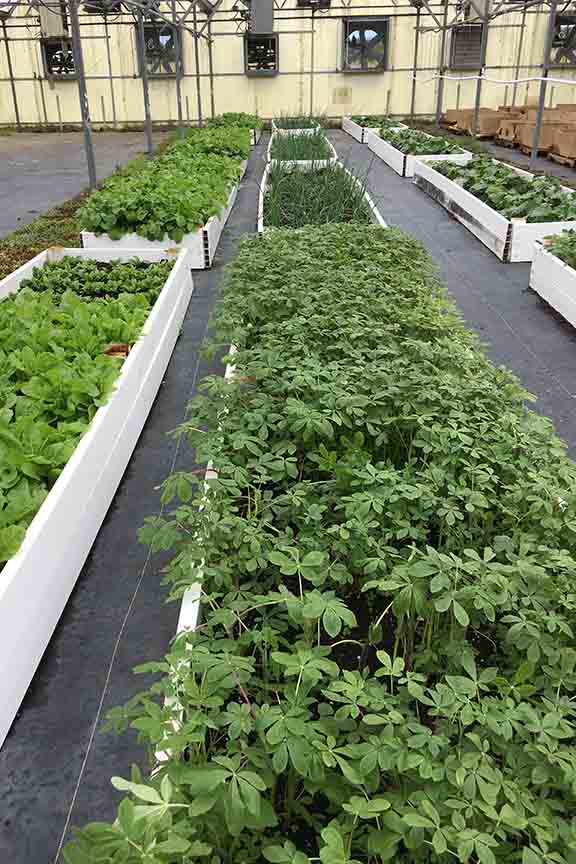
Collard greens, onions, spider plants and more grow in an Auburn greenhouse, nurtured by David Bulindah and Dickson Njeri. The two used this space for about a year for their farming cooperative Wakulima USA.
“We couldn’t afford to farm in Kenya,” says David, noting that his mother was lucky if she could find a small spot of land by the side of the road to plant vegetables.
Kenya, roughly the same geographic size as Texas, is home to some 49 million people, compared to 28.7 million people in the Lone Star State.
“When we came to the U.S., we found there was a lot of land just sitting around,” he says, knowing they could make better use of vacant patches, even in backyards.
David and Dickson grew up in a different areas of Kenya and emigrated in 2000 and 2004, respectively. When they met in Kent approximately three years ago, they discovered a common interest in making the most of their opportunity and abundance of land.
“We asked ourselves,” recalls David, “how could we find other sources of income or support in our community that could benefit us — not just us and our families — but the entire community?”
They had a shared passion, but knew they needed help. That’s where the community partnerships come in.
“As a young organization, just starting to grow, we have gotten a lot of support and nurturing,” says David.
That support has come in the form of sharing skills, expertise and farming spaces in King County. The list is long, and likely incomplete: African Chamber of Commerce of the Pacific Northwest, City of Des Moines, Congolese Integration Network, Food Innovation Network, Global to Local, King Conservation District, Living Well Kent, Northwest Harvest and Visionary Luhyas. Seattle Tilth helped Dickson early on when he first became interested in urban agriculture.
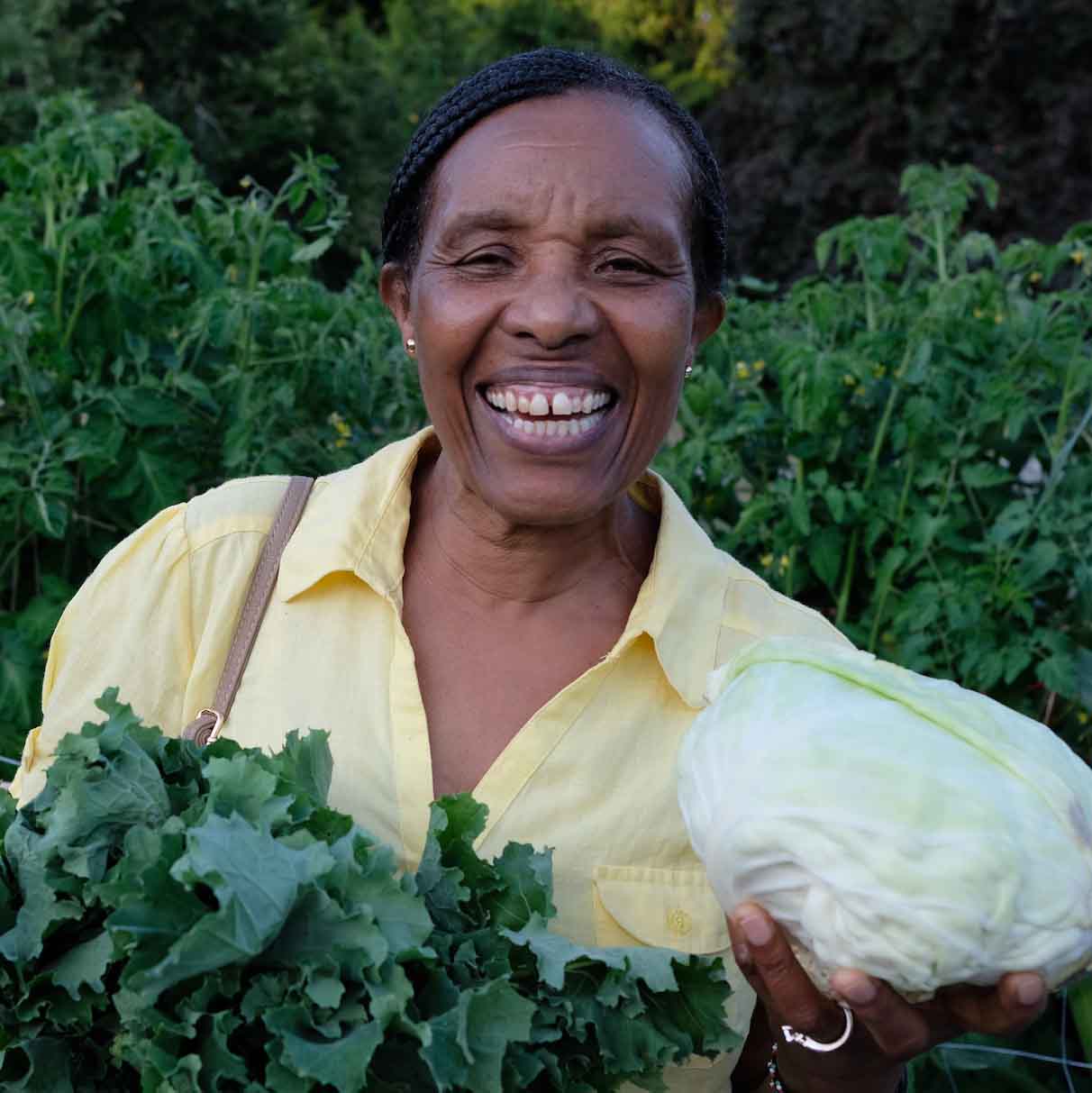
Njambi Gishuru, outreach specialist with Highline’s StartZone
StartZone helps low-income South King County residents achieve financial self-sufficiency by starting and growing small businesses that are bankable, profitable and sustainably connected to the local economy.
Njambi Gishuru, outreach specialist with StartZone, had known Dickson for several years, so working together on this project was a natural fit.
Plus, in her years of outreach work to local immigrant communities, Njambi found many were interested in farming, but had no idea how to begin or find land. She worked with her StartZone colleagues and other partners to determine the best way to help.
“That’s where the summit idea was birthed,” she says.
King Conservation District (KCD), in partnership with organizations supporting immigrant farmers in King County, hosted a summit in March 2018 to engage with immigrants and gather information about the need for farmland.
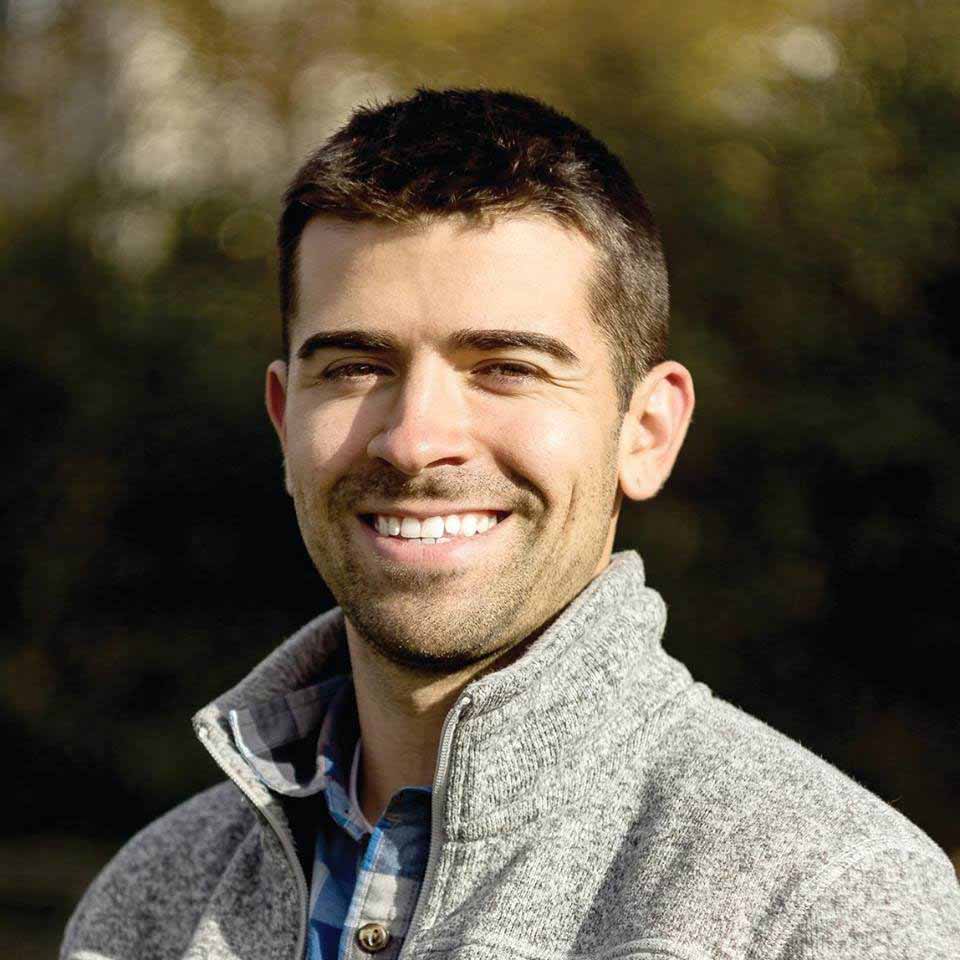
Bobby Butler, program manager for Highline’s Urban Agriculture program
Njambi says that at the summit they learned one of the main barriers for immigrants is navigating access to land — what’s available, how to lease or buy, and who to turn to for legal land agreements.
The summit helped David and Dickson cement their vision for community farming in King County. They started attracting the area’s newcomers to join them in Wakulima, the Kiswahili word for farmers. StartZone is helping facilitate the structuring of the cooperative group.
In true cooperate fashion, all are welcome to join, not only those from Kenya.
“We don’t worry about where they come from, just as long as they are interested in farming,” says David. The two work hard to gain the confidence of fellow immigrants, knowing it’s vital for the cooperative concept to work. “Trust is a key factor.”
KCD also helped David and Dickson gain access to a greenhouse in Auburn. Growing food was not only a way to create economic opportunity within the immigrant community, but also an important way to produce healthy, culturally relevant crops.
“We want to grow culturally relevant foods that are high in nutritional value,” says David. “Foods like amaranth, spider plant, okra, managu and cowpeas. We are trying to bring back healthy eating.”
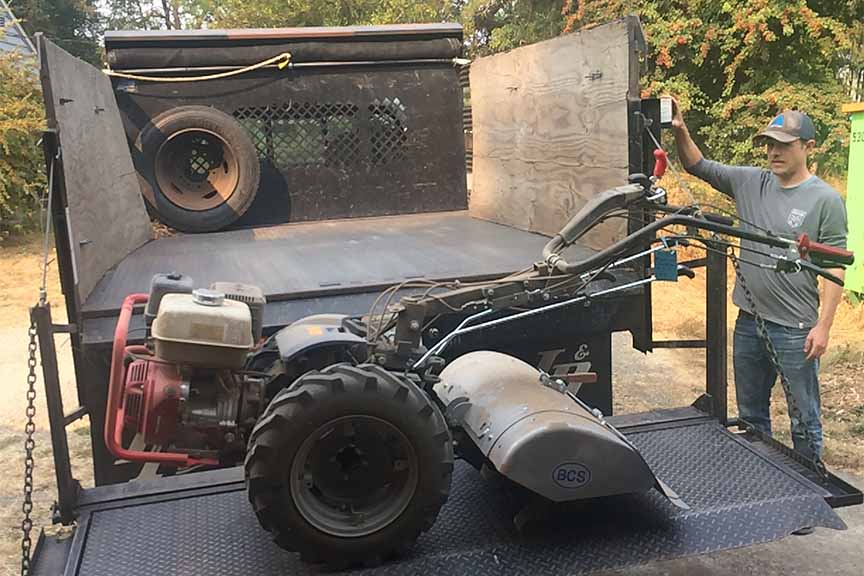
This walk-behind tractor is about a third of the cost of a small riding tractor and allows for smaller growing beds, at about 30 inches.
“One of my favorite parts of this position is the responsibility of building connections with the local community. Melissa’s request just happened to fit right into that responsibility. When I first met with them in Auburn, I mostly taught them about irrigation, soil fertility and temperature control.”
Later, he helped David and Dickson expand their growing space outside of the greenhouse with Urban Ag’s walk-behind tractor.
The March 2018 summit also helped identify needs for technical support and training. David and Dickson pinpointed other needs: overcoming language barriers, navigating agricultural systems in America and understanding farm regulations.
“Njambi and David met with me and pitched the idea of a workshop for potential farmer. Both of them were so excited about the idea that I just couldn’t say no,” says Bobby.
The February 2019 workshop was a joint venture between the Urban Ag program and StartZone. David and Dickson handled the outreach, attracting 30 to 35 interested farmers.
At the free event, Njambi shared information about StartZone’s program, which would help farmers understand the business side of farming, while Bobby handled the agricultural aspect.
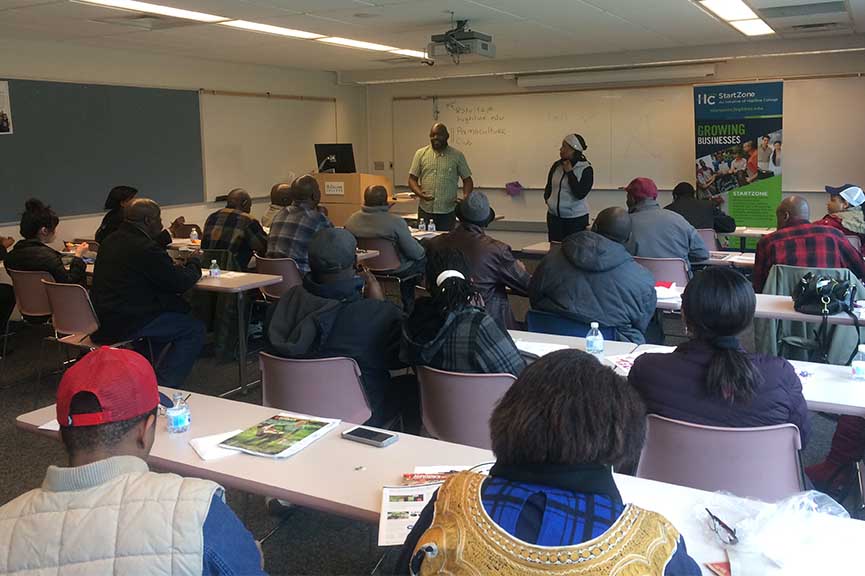
David Bulindah and Njambi Gishuru present to more than 30 potential farmers during a February 2019 workshop held at Highline College.
During the workshop, Bobby was frank about the challenges of farming in the U.S., where profit margins can be small and the days long (more than half of U.S. farmers have a second job).
But for those interested in small-scale farming, there’s room for optimism. He noted that farms of less than 5 acres have smaller mortgage or lease payments and lower start-up costs, with fewer and smaller equipment needs. Because these farmers tend to sell directly to the consumer, they keep more of the profits. He also stressed that improving soil ecology improves crop health. This is not only good for the earth and the environment, but it is also good for the consumer and the farmer. The consumer eats healthier and the farmer can charge a premium price for organic food.
Having access to healthy produce is critical in South King County, where many areas are considered food deserts, with little or no access to nutritious foods, especially fresh fruits and vegetables.
David and Dickson also see farming as a way to “give back life to the land.”
They feel that if they generate interest, then “the younger generation will want to start farming, want to grow their own crops. Most of our kids have no idea where the food comes from. It’s ridiculous how much information our children do not have.”
Following the workshop, Bobby invited Wakulima participants to join and access gardening space at Sonju Park near Highline College. Back in 2017, with funding from KCD, the college began working with the City of Des Moines to develop the Sonju Park as a place to educate and develop new farmers. Several Wakulima members are now training at Sonju Park, as they prepare for one day having their own land to farm.
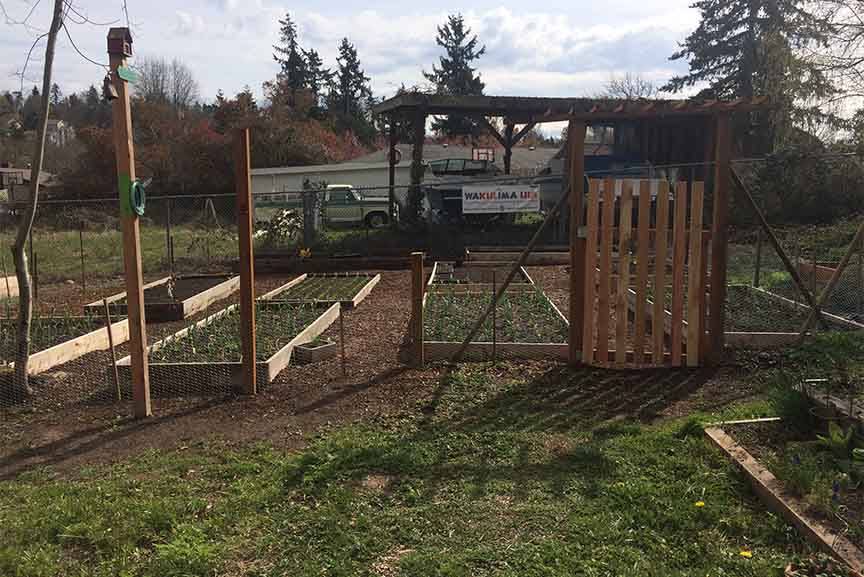
Sonju Park in Des Moines includes 10 raised garden beds dedicated to educating immigrant/refugee communities. The 9.3-acre property on 16th Avenue South was donated to the city more than 15 years ago by Des Moines resident Daisy Sonju, who asked that it be used as a community garden. In 2017, with funding from King Conservation District, Highline College worked with the city to develop the land as a place to teach community members about growing food and to promote sustainability.
“It had become clear to me that in South King County, the folks most interested in farming as a career tend to be from the immigrant communities,” says Bobby. “We built 10 raised garden beds at Sonju that are dedicated to immigrant/refugee communities.”
Bobby noted that from this site, they are only able to grow and harvest food for personal consumption or for donation to the Des Moines Food Bank, due to its small size. But it serves as a great training ground.
Wakulima has signed a one-year memorandum of understanding to use the site with potential for renewal.
Participants are also learning about the business side of farming. Through StartZone, Njambi and her colleagues offer training and technical support, where they work on creating business plans, securing loans and doing business in America.
Wakulima is partnering with World Relief Seattle, farming portions of two pieces of property in Kent. They also have an invitation to expand into Federal Way and potential pieces of land in Olympia, Renton and Tukwila, among other cities.
“We can see new life coming up and people feeling really good about it,” says David. Wakulima has 30 or so active members. Members work individual plots of land.
“David and Dickson are very passionate about the farming vision. The greatest gift they have is an ability to build and establish trust in the immigrant communities,” says Njambi.
“That trust will engage underserved isolated communities to access farming resources, especially land. They can relate and understand underlying barriers in their own community. They are familiar and address cultural and language barriers for people that are unlikely to participate without their support.”
Bobby says the Wakulima founders “have been great to work with because they walk the talk. It’s common for people to have an idealistic vision of what farming is but when it comes down to it, it’s dirty hard work. It’s not for everyone, but it can be incredibly rewarding for those that enjoy it. David and Dickson enjoy farming. They are out at Sonju Park just as often as I am, if not more often.”
Their dedication is impressive, especially because both have full-time work outside of their volunteer efforts with Wakulima. David is a mental health therapist and Dickson and his family run an adult family home.
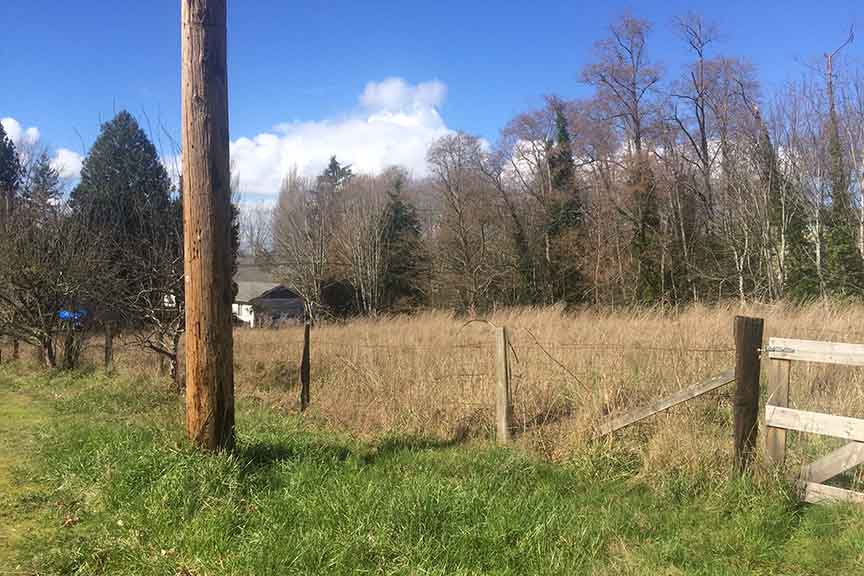
Located about a mile from Highline, this 2-acre property has an abundance of fruit trees and ample space to grow row crops. In 2019, the Des Moines City Council approved the use of the land for educational farming through Highline’s Urban Agriculture program. In July 2019, the college began working on the property, soon to be called Mary Gay Park.
Their reward comes from eating healthy meals with their families, bringing limited amounts of produce to the farmers market in Tukwila and donating to the Des Moines Food Bank. Their most recent donation was 68 pounds of radishes.
“The larger vision is to have our own space, 20 acres of land, where people can come learn about farming,” says David.
The pair imagine raising chickens, cows and goats and having a community kitchen on the property, “so that the food comes from the farm to the table, which could mean we could also have our own restaurant there. It would be a center, a vibrant place, which brings life.”
As they talk of their shared vision, they tick off a list of needs for Wakulima, which is organized as a nonprofit: a truck or van for bringing produce to the farmer’s market, office space and computers, and land.
“And we are looking for people to join us, who are interested and passionate about farming,” adds David.
“When people come together and feel welcome, everyone feels comfortable and happy,” says Dickson. “There is a joy in knowing you can access your own food, grown in your community. We want to bring that vibrant energy of togetherness.”
Partnerships Make Help Possible
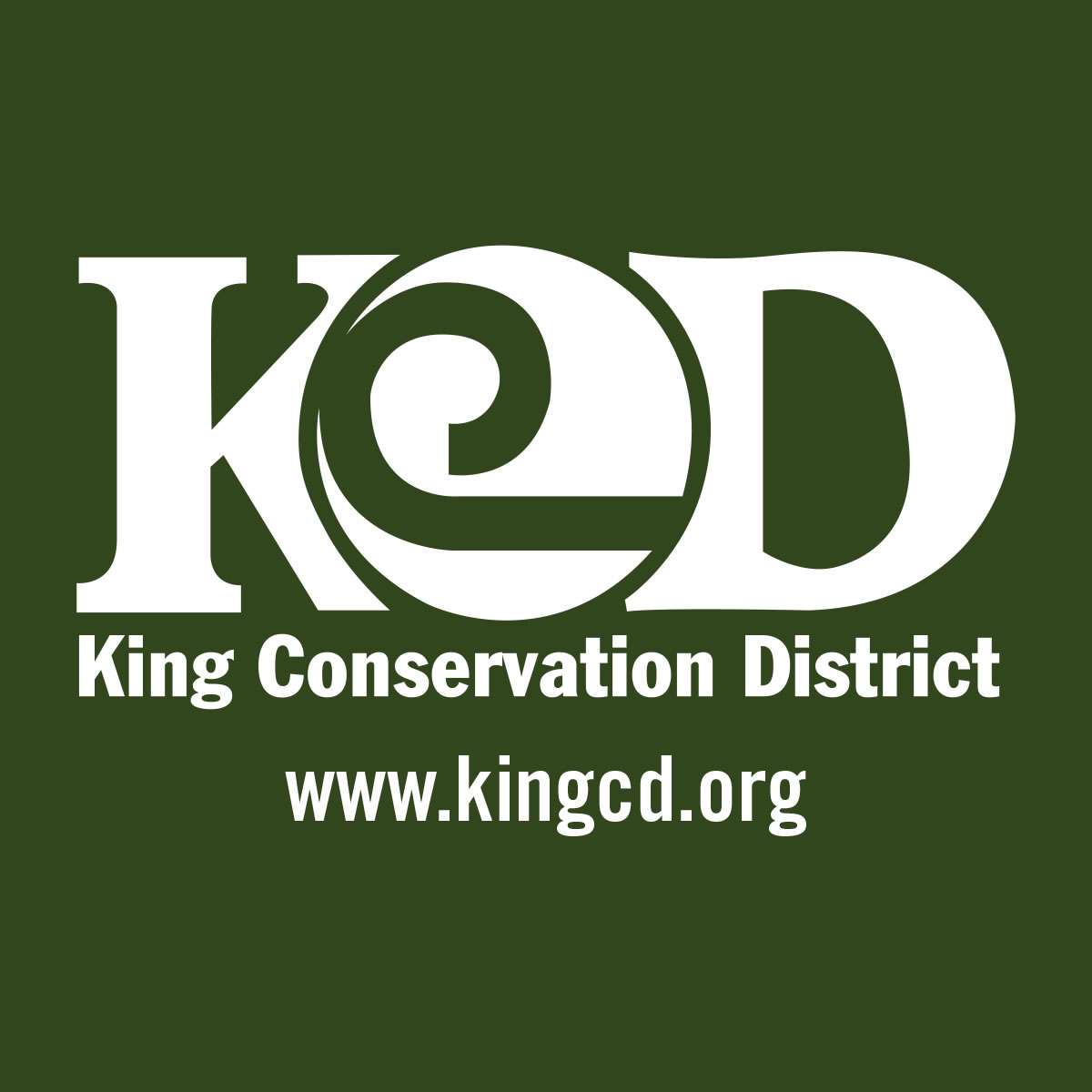 A second KCD grant — in 2017 for $76,000 — helped Highline begin a project with the City of Des Moines to identify and increase the amount of farmable land. More farmable land will improve local food security, increase land use and provide a venue to educate and develop new farmers. The Urban Agriculture program offers courses each quarter, where participants are guaranteed access to small plots of land.
A second KCD grant — in 2017 for $76,000 — helped Highline begin a project with the City of Des Moines to identify and increase the amount of farmable land. More farmable land will improve local food security, increase land use and provide a venue to educate and develop new farmers. The Urban Agriculture program offers courses each quarter, where participants are guaranteed access to small plots of land.
Where Entrepreneurs Start: Highline’s StartZone was founded in April 2008 through the U.S. Small Business Administration. Today, it relies on grants from local cities and King County to provide a range of workshops, consulting and other business support services, all free to participants.

